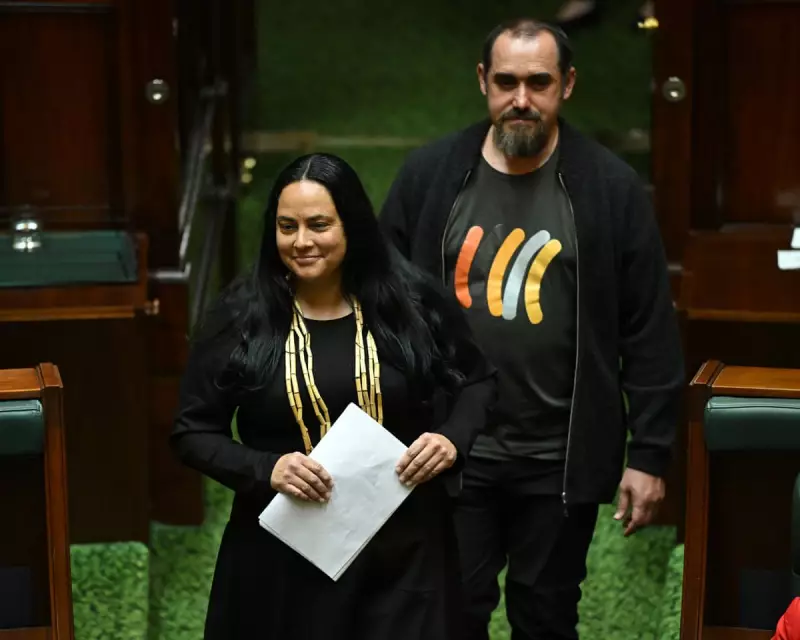
In an unprecedented move that marks a turning point in Australia's history, the state of Victoria has officially passed the nation's first formal treaty legislation with Indigenous traditional owners. The groundbreaking legislation, which received royal assent on Thursday, establishes a comprehensive framework for self-determination and cultural recognition that could serve as a model for other Australian states and territories.
A New Chapter in Indigenous Relations
The treaty legislation creates the First Peoples' Assembly of Victoria as the official representative body for Aboriginal Victorians, granting it significant authority to negotiate further agreements with the state government. This historic moment comes after years of dedicated consultation and negotiation between Indigenous communities and the Victorian government.
What the Treaty Actually Means
The legislation establishes several key mechanisms that will fundamentally change how Indigenous communities engage with the state government:
- Formal recognition of the First Peoples' Assembly as the representative voice for Aboriginal Victorians
- Mandatory negotiation framework for future treaties between the state and traditional owner groups
- Independent treaty authority to oversee negotiations and ensure fairness
- Cultural heritage protection measures that give traditional owners greater control over their ancestral lands
- Economic empowerment provisions aimed at closing the gap in living standards
The Path to Reconciliation
Victorian Premier Jacinta Allan described the legislation as "a significant step on the path toward reconciliation" that acknowledges the "sovereignty and self-determination of First Peoples." The treaty process has been carefully designed to address historical injustices while creating practical pathways for Indigenous communities to shape their own futures.
Traditional owner groups across Victoria have welcomed the legislation as a long-overdue recognition of their rights and connection to country. Many community leaders see this as the beginning of a new era of partnership with the state government, one that respects Indigenous knowledge and cultural practices.
National Implications
This landmark legislation is being closely watched by other Australian states and the federal government, with many seeing Victoria's treaty framework as a potential blueprint for nationwide reconciliation efforts. The success of Victoria's approach could accelerate similar initiatives across the country, potentially leading to a broader national conversation about constitutional recognition and treaty-making at the federal level.
As Australia continues to grapple with its colonial history and the ongoing impacts on Indigenous communities, Victoria's treaty legislation represents the most significant structural change to date in the relationship between the state and its First Peoples.





